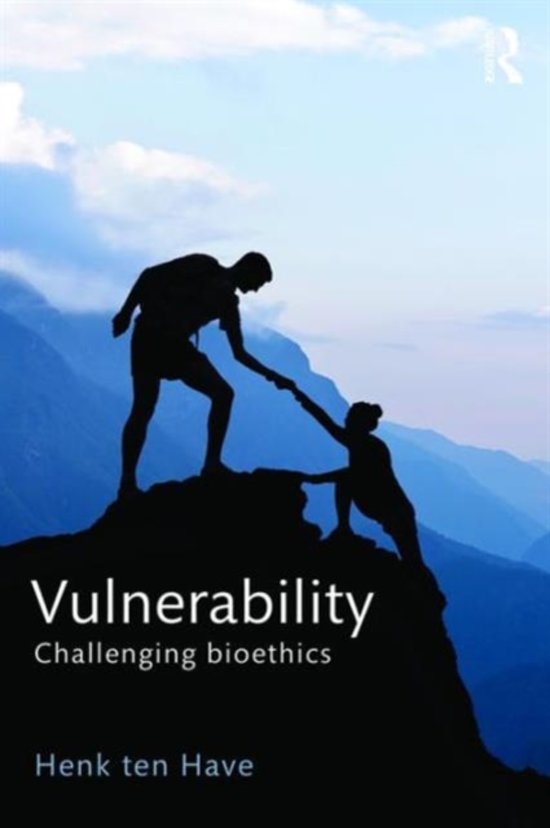This week our team was visited by Luca Chiapperino, a postdoc researcher from the University of Lausanne. Luca is a moral philosopher working in the field of Science and Technology Studies (STS). Most of his work focuses on epigenetics, which made him a great guest for our project.
We spent our Monday afternoon sharing our research with each other. Luca presented his ambitious research plans for the future. He will lead an Ambizione-project (funded by the Swiss National Science Foundation) entitled ‘Constructing the Biosocial: an engaged inquiry into epigenetics and post-genomic biosciences’. In this project, he will investigate the biosocialization processes that are at work in biomedical sciences, while distinguishing between three dimensions: epistemic ways of knowledge production, ontologies (entities such as molecules and cells) and strategies of intervention. Luca also suggested that we need to complexify our views of how biologists think about potential interventions.
Kristien introduced the NeuroEpigenEthics project to Luca and simultaneously reminded the present team members of the intricate web of relations between all subprojects. Additionally, Jo, Emma, and Gert-Jan presented parts of their research.
We had a very fruitful exchange about issues that keep fascinating all of us. Because of our interesting conversations, we did not have much time left for a discussion of Luca’s paper ‘Epigenetics: ethics, politics, biosociality’. Fortunately, we had plenty of time to continue talking during a nice dinner afterwards.
On Thursday morning, Luca presented his past research to us in a very rich and stimulating lecture entitled ‘Epigenetic responsibilities: values-in and values-out post-genomic knowledge-production’. In this lecture, he explained to the audience how epigenetics can be seen as a part of the post-genomic turn in the life sciences. Luca gave examples of the possible implications of a molecularization of biography and milieu, and focused on the implications for conceptions of moral responsibility. He made a compelling argument for the claim that based on findings in the field of epigenetics, we have reasons to think that conditions of causality and intentionality may not hold for individual epigenetic responsibility. However, shifting to a framework collective responsibility is not uncomplicated either. Luca then called for more situated moral work, perhaps with new criteria such as actionability, and thick analyses of specific cases.

Our two-day programme ended with a book discussion of ‘Vulnerability: Challenging Bioethics’ by Henk Ten Have. Thanks to Gert-Jan’s excellent organization of this meeting, we discussed many interesting elements that touched upon the main argument of the book. The diversity of our research group proved to be an asset once again when we listened to the variety of perspectives in the discussion.
We thank Luca for his visit to us and we will keep in touch.
(Emma Moormann)
